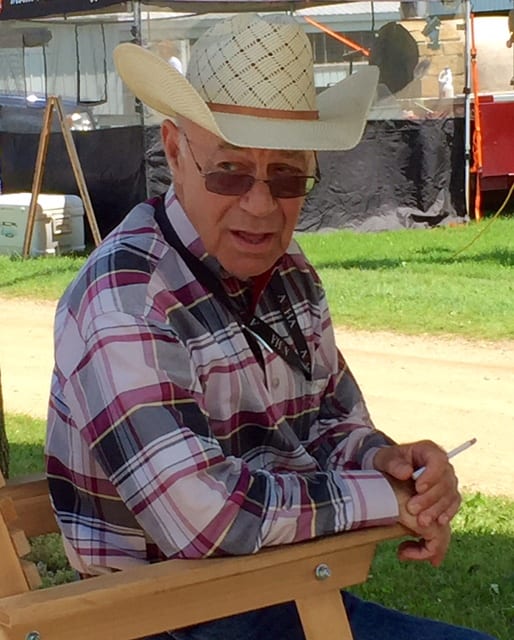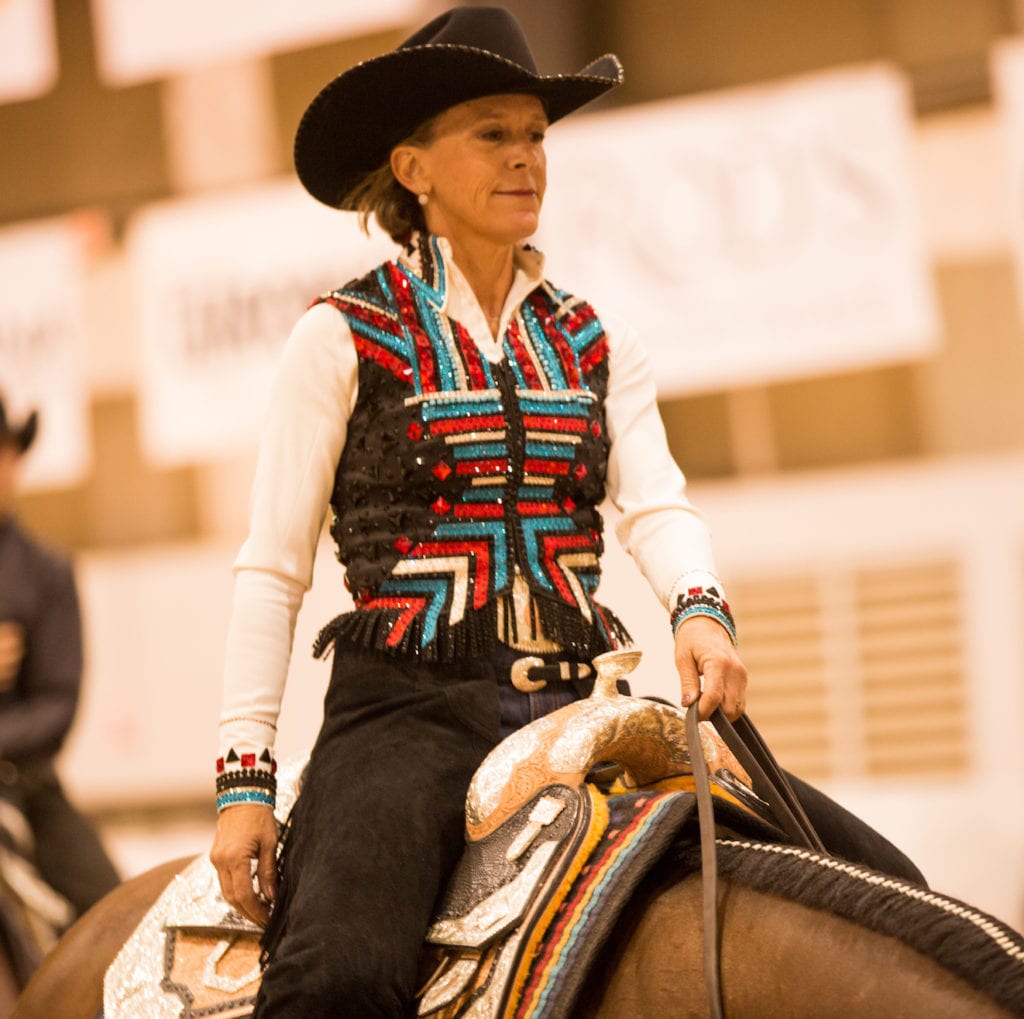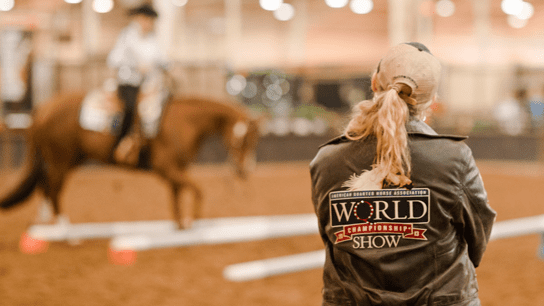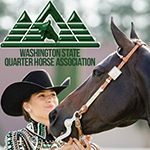A successful horseman does not necessarily mean the person with the most trophies, titles, and awards. The definition spans much further than any materialistic aspect of showing. Honesty, integrity, and a constant thirst for knowledge are just a few of the components of a successful equestrian.
Respect, positivity, a thirst for knowledge, honesty, and appreciating the horse, serves as the critical aspects of successful individuals. These essential traits are needed for riders of any age, discipline, or skill level. We asked respected AQHA Professional Horsemen Gary Trubee and Deanna Searles about what composes a successful equestrian.
Respect
 An individual’s respect for themselves, others, and their horse is a foundational trait. The horse industry is small…everyone knows everyone. Respect for one another, as well as for the animals, is non-negotiable.
An individual’s respect for themselves, others, and their horse is a foundational trait. The horse industry is small…everyone knows everyone. Respect for one another, as well as for the animals, is non-negotiable.
Professional and successful horseman, Gary Trubee comments, “A good horseman must commit to the animal. Learning about the care of the horse, ways to make them more comfortable, and ways to make them more productive are part of that commitment.”
Respecting the animal includes learning how to care for them. Handing over the work to other people does not cultivate growth as a horseman. The more one learns and respects the complete experience, the more successful of a horseman they will be.
Learning
 There is no such thing as “knowing it all.” Athletes from the Olympics to the AQHA World Show say that they are continually striving to gain knowledge. Learning a new technique, reinventing an old method, or developing a new skill will further an equestrian’s abilities.
There is no such thing as “knowing it all.” Athletes from the Olympics to the AQHA World Show say that they are continually striving to gain knowledge. Learning a new technique, reinventing an old method, or developing a new skill will further an equestrian’s abilities.
No matter the individual’s level of experience, learning is limitless. AQHA World and Congress Champion Deanna Searles adds, “Keep learning. You are going to learn something new all the time. What works one time might not work the second time.”
If the person is not open to new knowledge, growth as an equestrian becomes stunted. Successful equestrians have a thirst for constant learning; that is why they achieve greatness. Trubee comments, “Nobody is going to know it all. If they tell you they do, they are a liar.”
Honesty
The truth always comes out one way or another. Being honest, even during sticky situations, is still better than lying. The equine industry is small, and a lack of integrity is easy to detect. Honesty is always the best policy.
Trubee comments, “Honesty is critical. Honesty to yourself and towards the people you are involved with. For example, if a horse is not a kid’s horse, it is not a kid’s horse. You have to be very honest to become that successful horseman.”
Successful equestrians prioritize the truth. True horsemen are not manipulative or deceptive. Searles adds, “Honorability is needed; honesty with clients, yourself, and others.”
Positivity
The equine industry presents individuals with many challenges; sick horses, barn drama, and show pen “uh-oh” moments, to mention a few. It is easy for one to become stuck in a negative cycle of self-doubt or loss of motivation. Staying positive through awkward moments can quickly change a gloomy situation to a hopeful one.
AQHA Professional Horseman Deanna Searles says, “Having a great sense of humor is very important. We are all competitive, but you can’t let it get away from you. There is more to life than just winning the world championship.”
One of the best ways to remain positive is with a great sense of humor. The ability to laugh off stressful situations makes life a lot easier. Lean on the people you care about and remember that laughter is the best medicine.
Appreciation
Passion and appreciation for the horse are one of the most crucial factors of a successful equestrian. Without this trait, the person is not a true horseman. Horses are 1,200-pound animals that have a mind of their own. They are amazing creatures for bonding with and trusting humans as their teammates.
Trubee correctly concludes, “The first thing I think of is appreciation and passion for the animal. This is a time-consuming, physical occupation that takes a lot of sacrifices. The horseman must appreciate the animal; from the horse that wins the derby to the horse that carries an EWD rider around. A successful horseman appreciates a horse that does its job and does it well.”
Dedicated equestrians make sacrifices every day for their horse. The individual should never forget the love that drives them to do this sport. Take time to go back to the basics and appreciate the horse.
Benjamin Franklin once said, “Without continual growth and progress, such words as improvement, achievement, and success have no meaning.”
Awards and achievements are only seen on the surface. The foundation of success is composed of the five traits that are at the core of every successful equestrian.








